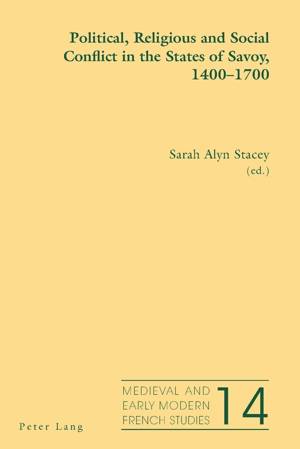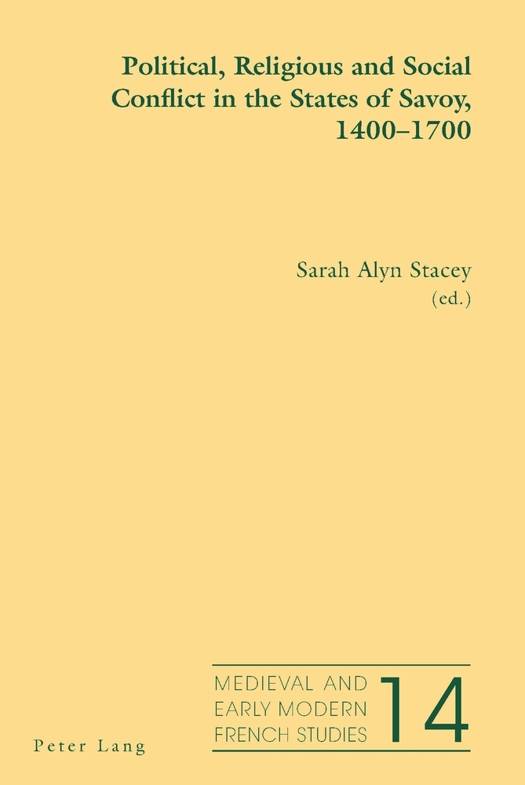
- Afhalen na 1 uur in een winkel met voorraad
- Gratis thuislevering in België vanaf € 30
- Ruim aanbod met 7 miljoen producten
- Afhalen na 1 uur in een winkel met voorraad
- Gratis thuislevering in België vanaf € 30
- Ruim aanbod met 7 miljoen producten
Zoeken
Political, Religious and Social Conflict in the States of Savoy, 1400-1700
€ 85,45
+ 170 punten
Omschrijving
Taking conflict as its collective theme, this book brings together the work of early modern specialists to offer a range of insights into the political, social and religious climate in Savoy between 1400 and 1700. The contributors focus on the broader context of early modern European history, making clear the sometimes overlooked political and historical significance of Savoy. The volume explores the diverse mechanisms whereby political, social and religious conflicts were articulated with reference to a wide range of primary sources, many of which are unpublished. The chapters offer important perspectives on subjects such as: the diplomatic relations between the court of Savoy and certain foreign powers during a time of European unrest; the role of propaganda; the construction of national and religious identities; and persecution and resistance, notably in relation to the Reformation and the Waldensians. The conclusions that are established advance a better understanding of the history of Savoy and of the broader conflicts shaping Europe in the early modern period.
Specificaties
Betrokkenen
- Uitgeverij:
Inhoud
- Aantal bladzijden:
- 322
- Taal:
- Engels
- Reeks:
- Reeksnummer:
- nr. 14
Eigenschappen
- Productcode (EAN):
- 9783034308311
- Verschijningsdatum:
- 18/02/2014
- Uitvoering:
- Paperback
- Formaat:
- Trade paperback (VS)
- Afmetingen:
- 152 mm x 227 mm
- Gewicht:
- 471 g

Alleen bij Standaard Boekhandel
+ 170 punten op je klantenkaart van Standaard Boekhandel
Beoordelingen
We publiceren alleen reviews die voldoen aan de voorwaarden voor reviews. Bekijk onze voorwaarden voor reviews.







